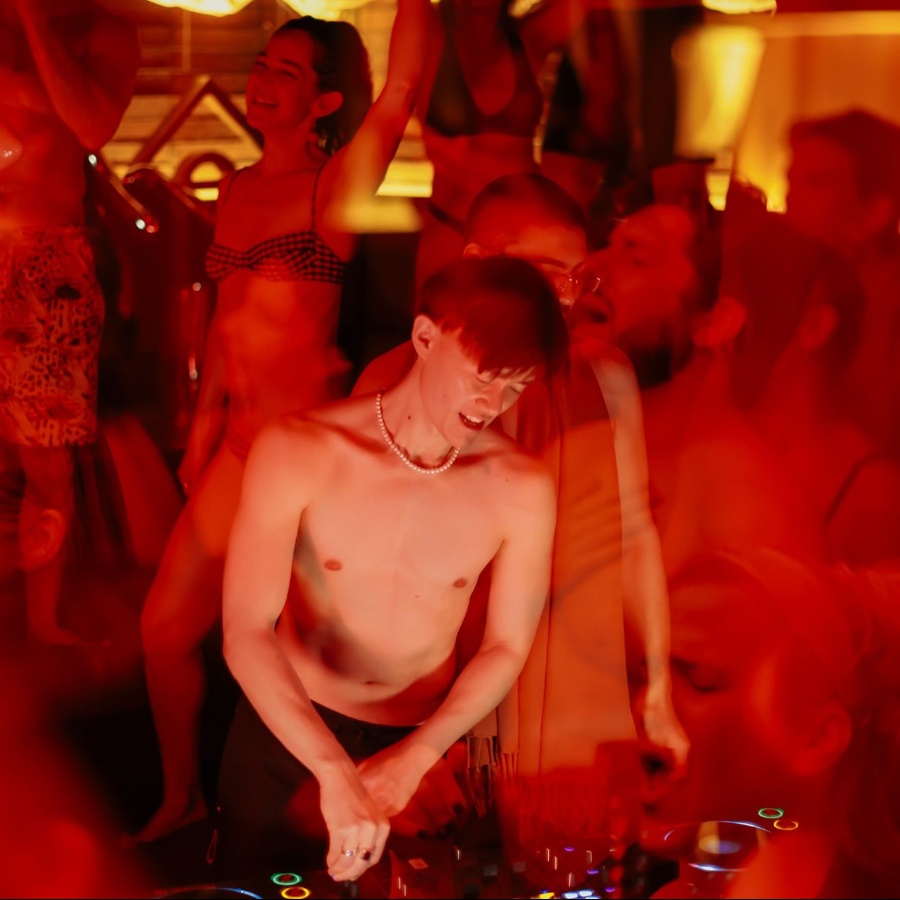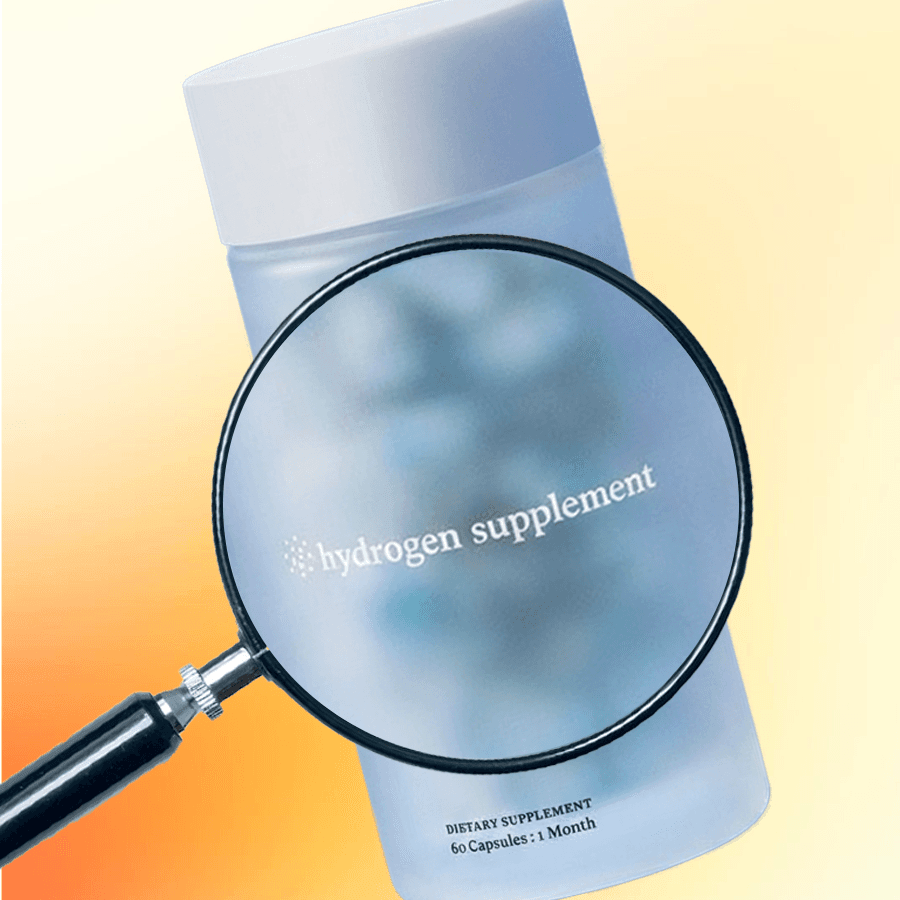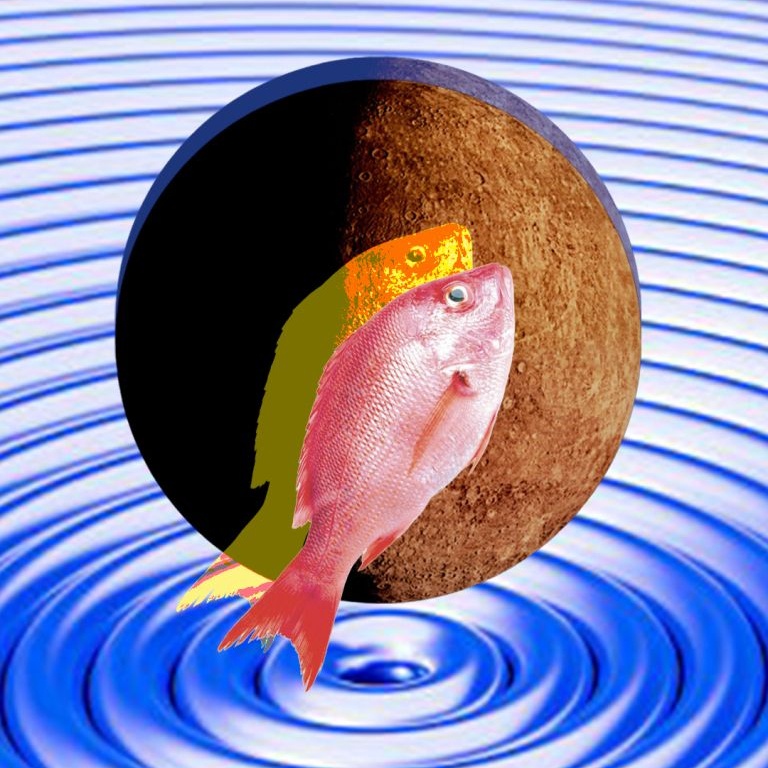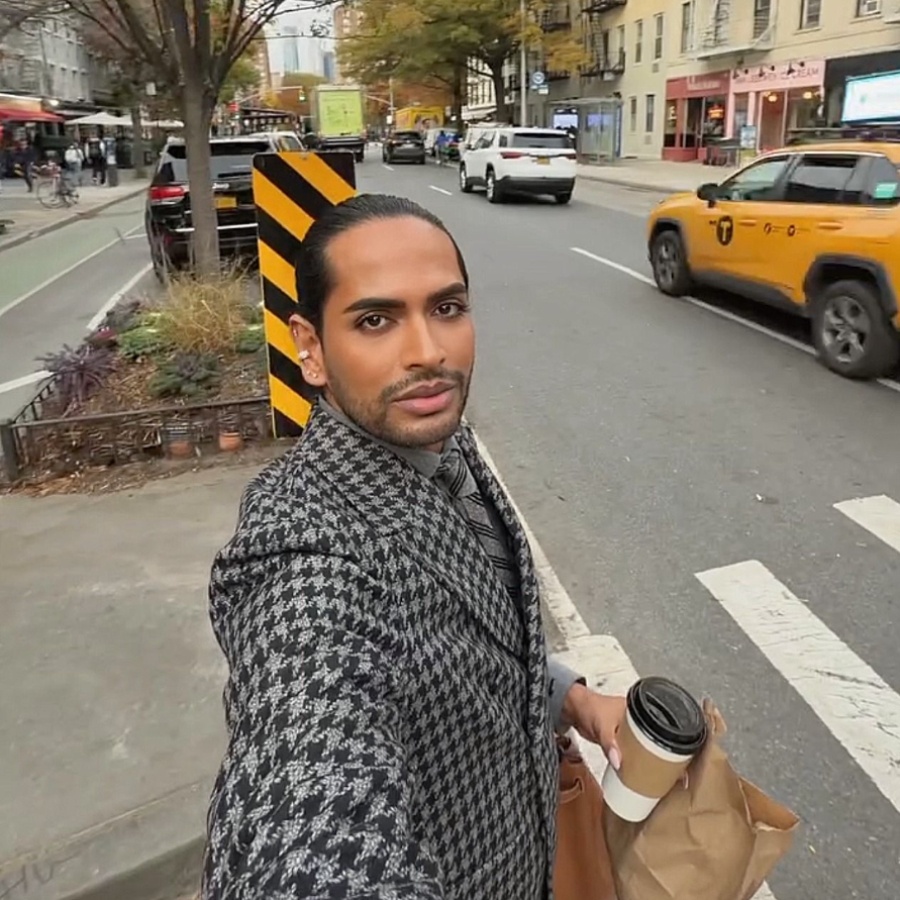Every year, there seems to be a new drink that promises to change our lives. First it was matcha, turning lattes into a green badge of mindfulness. Then came protein shakes, filling gym bags and Instagram feeds alike. The latest star on the menu is collagen. What used to be tucked away in supplement jars is suddenly everywhere. It is no longer just something you take; it is something you show off.
On Instagram, influencers are filming glow shots with scoops of collagen powder. Lifestyle magazines are running first-person pieces about how collagen “changed my skin”. In India, collagen is quickly becoming the sip of the season. At a recent Soho House sundowner in Mumbai, Mokai served collagen-infused dirty martinis, proof that the craze is no longer limited to smoothies and lattes.
Collagen might sound like a buzzword, but it is really just a protein your body produces naturally. It keeps your skin firm, your nails strong, and your joints moving smoothly. Supplements promise to top up what your body slows down on, but doctors remain cautious. The evidence is mixed as there is no solid proof that powders erase wrinkles or deliver a glow, though studies also show no major harm. In short, it is low-risk, uncertain reward, and a trend people are happy to try anyway. Even so, many users say they notice a difference.
On Reddit threads like 45PlusSkincare, elder millennials are sharing that collagen seems to make their joints feel better, their nails stronger, and their skin more resilient. These are personal anecdotes rather than scientific proof, and there’s also the placebo effect to factor in, but they do reflect why collagen has built such a loyal following despite the lack of conclusive evidence.
The collagen glow-up makes sense when you think about it. Protein is already sneaking into everything from popcorn to ice cream, so of course its beauty-obsessed cousin was bound to show up in your latte.
In Delhi, The Grammar Room has gone all in on collagen. The cafe, tucked into Mehrauli’s leafy lanes, is one of the first in India to offer a dedicated collagen menu, tapping into a growing market of wellness-hungry regulars. The drinks, created in collaboration with wellness brand Be, range from citrus blends to plant-based coffees, all infused with either marine or vegan collagen. For co-founder and CMO of Be, Angela Toppo, the idea was simple: make skincare something you can sip.
Toppo says the response has been “overwhelmingly positive”, particularly among the 25-to-35 age group. “They’re experimental, invested in preventive skincare, and love the idea of getting their glow while sipping their daily coffee or smoothie,” she explains. Customers don’t just treat it as a novelty, they’re also coming back for it. The cafe is already sold out of its first 45-day stock, a clear sign of how eager people are to swap capsules and powders for collagen they can casually order at brunch.
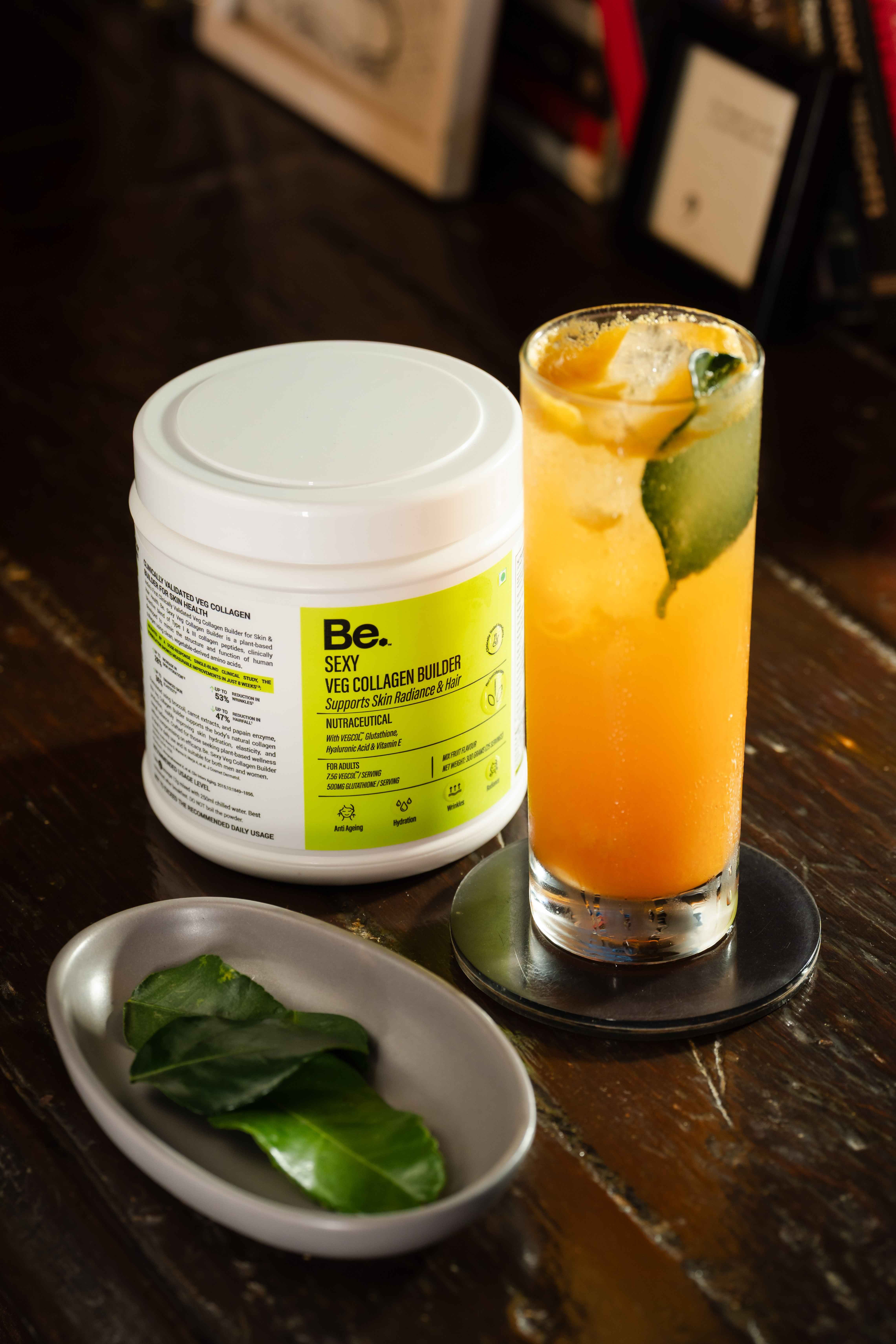
Sakshi Singh, a 23-year-old Literature student in Delhi, says collagen fits perfectly into the kind of lifestyle she has always gravitated toward. “I started with collagen supplements, and honestly, they’ve done wonders for my hair. Now I’ve become a regular at The Grammar Room because they serve it. I feel like I’m at least putting something good into my body and that matters to me.”
And it’s not just Delhi. In Mumbai, the newly opened Hydration Bar at Scarlett House, co-founded by Malaika Arora, is every sober curious person’s dream. Instead of cocktails, it serves handcrafted functional drinks, including an “anti-ageing” mix of Himalayan water, collagen, chlorophyll, lime, and ginger. For Arora, it’s about creating a space that feels celebratory without alcohol, showing that wellness can be just as fun as a night out. At their queued-out cafe in Bandra, Mokai serves a marine collagen spirulina matcha, an Erewhon-coded concoction with green, blue and white swirls.
Further south in Bengaluru, Garden Café by Foodstories is giving customers the chance to build their own wellness ritual. Any juice from its juicery can be customised with add-ons like moringa, hemp oil, protein powder, and, yes, vegan collagen.
Taken together, these examples point to a bigger cultural shift. Wellness is no longer just about gym routines or skincare products; it has also become a lifestyle that shapes how people eat, drink, and socialise. The sober curious crowd is swapping late-night cocktails for functional mocktails, while new rituals like sauna raves and yoga festivals are drawing in crowds who want health with a side of fun.
Collagen slides neatly into this picture. In Japan and South Korea, collagen waters and gummies are everyday beauty snacks. In the US, Erewhon has managed to turn collagen smoothies into $20 status symbols. In India, it is finding space on cafe menus and bar lists as part of the same aesthetic—drinks that promise glow, look great on camera, and slot perfectly into the curated feeds of a generation that wants its wellness to be both aspirational and Instagrammable.
The numbers back up the buzz. The global collagen market is projected to hit $5.2 billion by 2025 and climb to around $9.1 billion by 2035, growing at a steady 5.8 per cent CAGR. From beauty to beverages, the demand shows no sign of slowing.
Whether or not collagen actually turns back the clock, it has nailed the vibe check. Drinks that promise glow, taste good, and look great on Instagram were always going to catch on. For a generation chasing wellness with a side of fun, collagen has found its sweet spot, and right now it is shining brighter than a glassy-skin filter.


